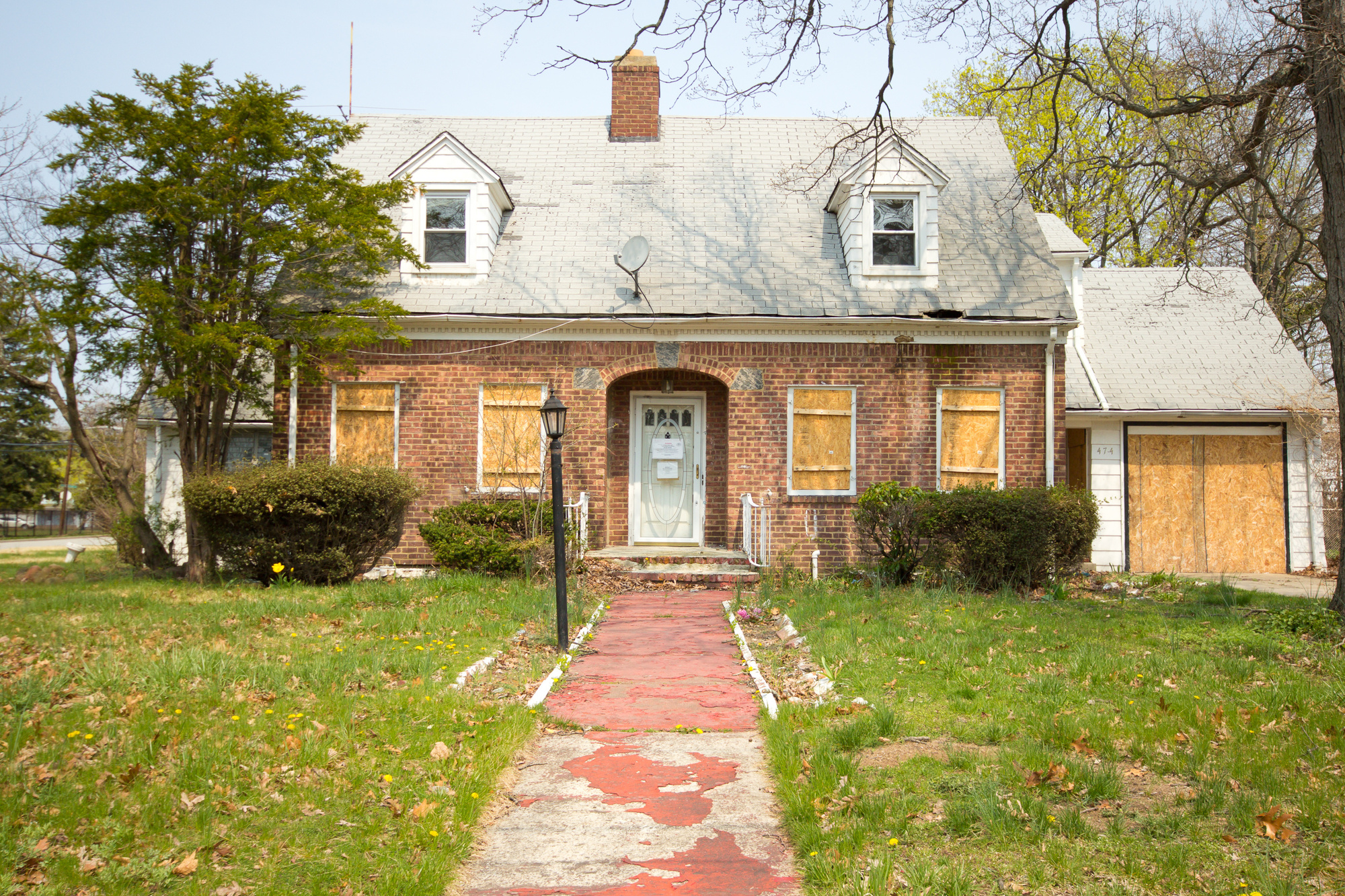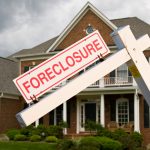Common Real Estate Investment Mistakes That Lead to Foreclosure
U.S. foreclosure filings hit a 12 year low in 2017. Nevertheless, 676,535 homeowners lost their homes due to foreclosure: a painful experience to be sure.
But what if you could avoid going down the road towards foreclosure? Who wouldn’t want to avoid that scenario?
It’s not possible to avoid life-changing events that could alter your financial situation. But it is possible to significantly reduce the likelihood you’ll ever be faced with such dire consequences.
How do you do that?
You simply need to avoid making common real estate investment mistakes that often derail homeowners.
Read on as we examine the most important mortgage mistakes to be aware of before you buy and during your repayment period.
Steer Clear of These Home Loan Mistakes Before You Buy
The best way to avoid foreclosure is to prevent yourself from ending up in such an unenviable position.
Be careful not to commit these mistakes before signing any loan documents.
1. Buying Too Much House
One of the biggest mistakes you can make is to purchase a home you can not comfortably afford.
It is an easy mistake to make. Contrary to what you may think, most banks will lend you more than you need.
Banks determine your loan amount based on your gross income before taxes. They don’t consider your monthly expenses such as insurance and utilities.
Signing a loan for more than you can afford sets you up to be “house poor.” You’ll have no wiggle room in the event of an emergency, such as the loss of a job.
Simply put, it will be too easy to fall behind and risk foreclosure.
What to do instead:
Experts recommend spending no more than 28% of your income on your home. This figure includes the principal and interest on your loan payment plus property taxes and insurance coverage.
Create a realistic budget for life in your new home, making sure you can be comfortable even if you encounter a significant change.
2. Not Getting a Fixed Loan
With the interest rate of fixed-rate loans on the rise, the attraction to adjustable-rate mortgages (ARMs) is understandable.
An ARM may be tempting now, but it will eventually reset. And when it does, the interest rate will likely be higher and you may not be able to refinance at that time.
The new payment may be too expensive and, depending on the housing market, it could be tough to sell your home.
It’s easy to see how this situation can quickly escalate to missed payments and even foreclosure.
What to do instead:
Don’t be penny wise and pound foolish. Stick to a fixed-rate loan and sleep well at night.
The only time an ARM makes sense is if you plan on moving within 5 years or so.
There are many loan structures for real estate financing, but your best bet is almost always to seek the security of a fixed loan.
3. Underestimating Home Ownership Costs
Don’t make the mistake of only factoring your mortgage into your budget.
You’re going to incur a number of home-related expenses such as:
- Property tax – The tax man always cometh, and home taxes can cost you thousands of dollars each year.
- Homeowners association (HOA) – If your new neighborhood has an HOA, you’ll be required to pay dues. These monthly fees can range from $50 to several hundred dollars.
- Insurance – You will need to purchase home insurance, and you may be required to carry mortgage insurance and even possibly hazard insurance.
- Home costs – You won’t be renting anymore, so you will have to pay the utilities and the inherent costs of maintaining your new home.
What to do instead:
Before you sign on the dotted line, know what your mortgage payment will be, including the interest. Factor in all the costs of home ownership in your monthly budget and make sure you can be financially comfortable.
Mortgage Mistakes to Avoid During the Repayment Period
If you’re already living in the home and you still owe your lender, steer clear of these common errors to avoid foreclosure.
1. Ignoring Your Lender
If you’ve missed a payment, it’s easy to avoid communication with your lender.
But that’s the biggest mistake you can make, and it often leads to foreclosure.
What to do instead:
Remember, you have 120 days after your first missed payment before a bank can foreclose on you.
Maximize that time by contacting your lender and seeking options, such as payment arrangments or loan modification programs.
You may even be able to avoid foreclosure through a short sale of your home.
The sooner you act, the better.
2. Not Taking Advantage of Government Options
When you ignore your lender, you don’t have the option of enrolling in loan modification programs.
These programs modify the terms of your deed of trust contract, resulting in lower monthly payments.
For example, the Home Affordable Modification Program (HAMP) gives relief to struggling homeowners.
Many states have their own modification programs designed to keep you in your homes with lower monthly programs.
What to do instead:
Remember this: Your lender is prohibited by law from foreclosing on your home if you are enrolled in a government-sponsored loan modification program.
Consult a U.S. Department of Housing and Urban Development (HUD) approved counselor to examine your options and create a plan-of-action.
3. Falling Prey to Scams
Your loss can be a scammer’s gain if you’re not careful. Unfortunately, many people will line up to take advantage of you if you face the possibility of foreclosure.
Be mindful and avoid the following scams:
1. Never Sign Over Your Deed
Some scammers will state they can take care of the problem if the deed is in their name.
This is a good way to lose your home. Don’t fall for it.
Signing over the deed will not eliminate your loan debt. It simply removes your legal right to your house.
2. Beware of Exorbitant or Upfront Fees
Don’t listen to anyone who wants to charge you to explain your options.
You can always get free help from HUD-approved housing counselors.
3. Stop When You Hear the Word “Guaranteed”
No one can guarantee you they can resolve your foreclosure. Any resolution is most likely predicated on your lender’s approval.
Be very skeptical of anyone guaranteeing to get your loan modified or resolve your foreclosure.
The Bottom Line About Real Estate Investment Mistakes
You can significantly increase your odds of avoiding foreclosure simply by steering clear of common real estate investment mistakes.
Before you buy your home, make a realistic budget allowing for every expense you will incur in your new home.
And if you are facing foreclosure, seek help from qualified and legitimate sources.
If you like our content, please follow our blog.




Leave a Reply
Want to join the discussion?Feel free to contribute!